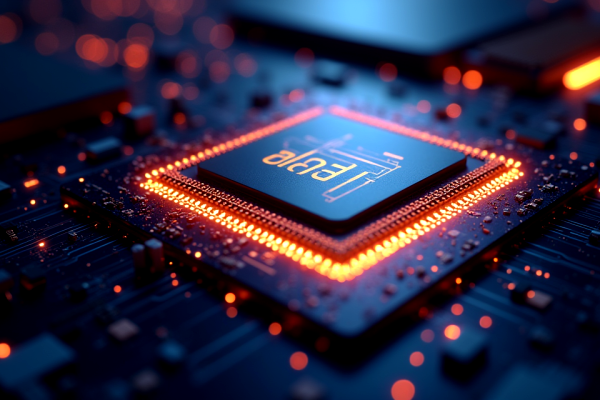Hey there! Let’s dive into a topic that’s buzzing around: intelligence, especially how artificial intelligence (AI) can give us a fresh perspective on our own noggins. Sounds intriguing, right? So, grab your coffee, and let’s unpack this!
What Even Is Intelligence?

First off, let’s tackle the big question—what is intelligence anyway? For ages, folks have linked it directly to IQ tests, academic achievements, or even your ability to recite Shakespeare in ten different languages. But let’s be real! Intelligence is way more than just a number or some trivia. It’s about how we solve problems, understand emotions, adapt to new situations, and even how we connect with others.
Enter AI: The New Kid on the Block
Now, here comes AI—this clever, digital whiz. It processes data, learns from patterns, and makes predictions faster than any human could ever dream. But what’s really cool is how studying AI can flip our perspective on our own intelligence.
Learning Algorithms — Just Like Us!
Have you ever noticed how AI learns through experience, kinda like how we do? Take machine learning, for example. It collects data, identifies patterns, and adapts accordingly. Similarly, our brains sift through experiences, learn, and reshape our understanding of the world around us. This reveals a massive insight: intelligence isn’t static. It’s about learning and evolving!
Emotional Intelligence: A Differentiator
Here’s where things get spicy. AI might ace those math problems or suggest your next favorite song, but it stumbles when it comes to feelings. This is where we humans shine, thanks to emotional intelligence. Our ability to empathize, read social cues, and interpret emotions is something AI is still trying to figure out.
Why It Matters
Recognizing the gaps between AI and human intelligence can bring us face-to-face with our unique strengths. Instead of feeling threatened by AI’s capabilities, we can start to appreciate the richness of human emotion, creativity, and social interactions. These aspects of our intelligence are irreplaceable and invaluable.
Creativity vs. Calculation
Let’s not forget the arts! AI can churn out music or generate visuals, but can it bring that deep, human touch of creativity? There’s something uniquely human about pouring your heart into a painting or composing a song that speaks to the soul. AI might mimic these processes, but it lacks the lived experiences that breathe life into creative expression. It’s a reminder that our intelligence is multifaceted—merging logic with intuition and emotion.
Collaboration—The Future of Intelligence
So what does all this mean? Well, rather than pitting ourselves against AI, it’s high time we thought about collaboration. Imagine a world where human creativity meets AI’s analytical prowess. The possibilities are endless! We can focus on what makes us human and work alongside AI to solve complex problems.
Taking Time for Reflection
Lastly, let’s chat about the importance of reflection. With AI constantly evolving, it’s easy to forget to pause and think about our own growth. Spending time reflecting on our emotions and experiences can boost our understanding of ourselves and others. Whether through journaling, meditation, or just going for a stroll, taking time to ponder our place in this tech-dominated world can keep us grounded.
Wrapping It Up
So, here’s the bottom line: AI is pushing us to rethink intelligence in exciting ways. While machines excel at data crunching and calculations, our human strengths—empathy, creativity, and emotional awareness—remain our superpowers. Instead of seeing AI as a rival, let’s embrace it as a partner in our journey of personal and collective growth. After all, the more we understand about intelligence—both human and artificial—the more we discover about ourselves.
Got thoughts on this? Share your views and let’s keep the convo going!
 yesarticle.com Free Articles and Guide
yesarticle.com Free Articles and Guide